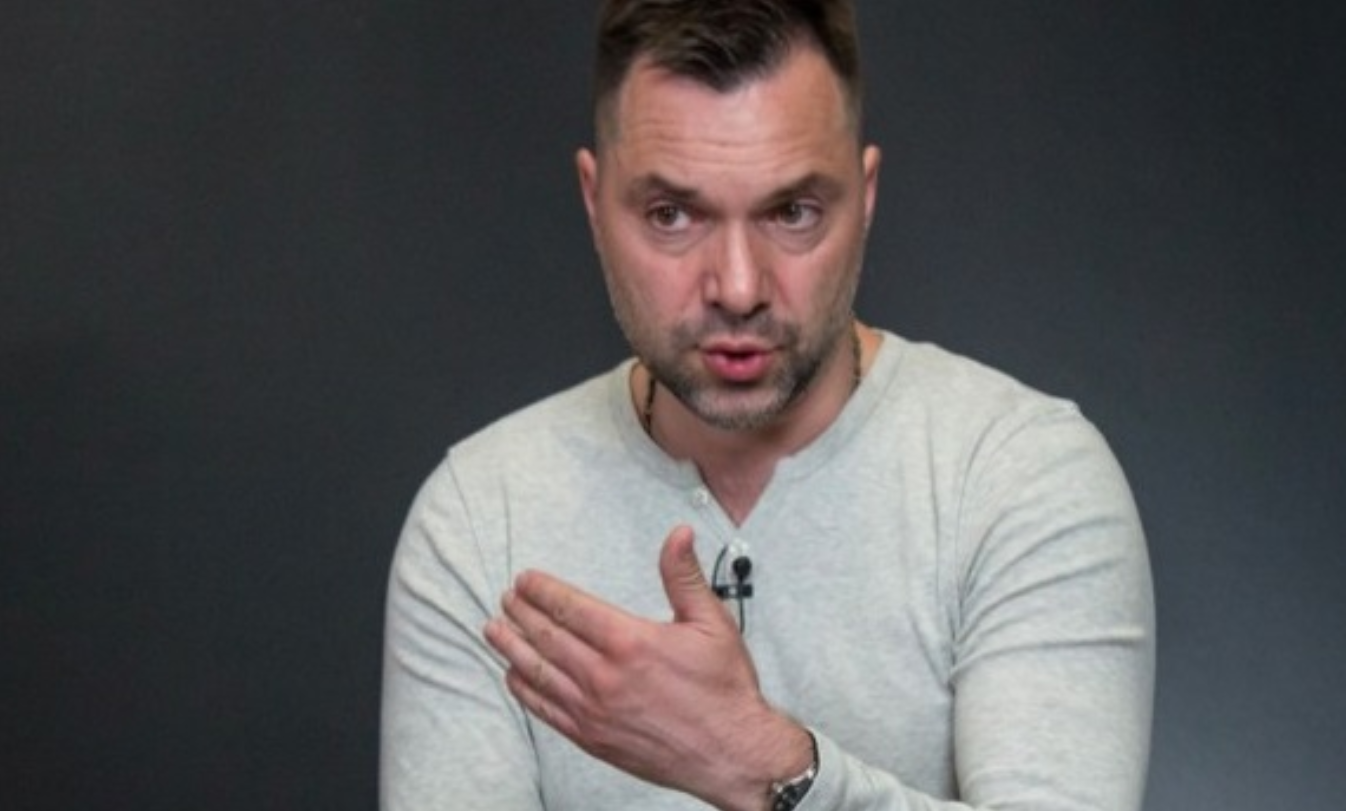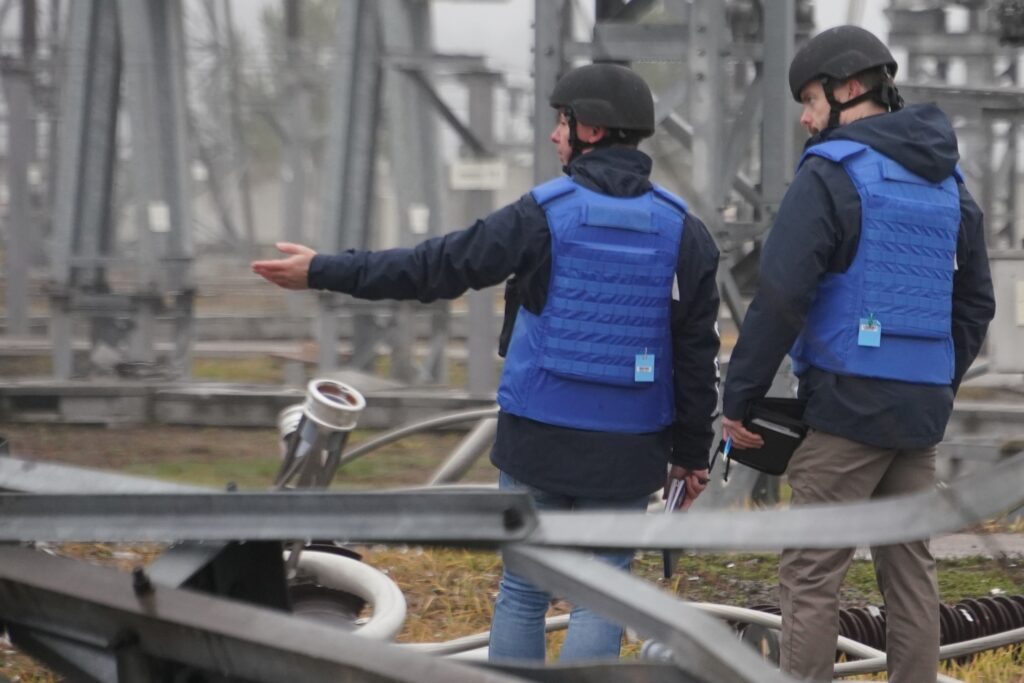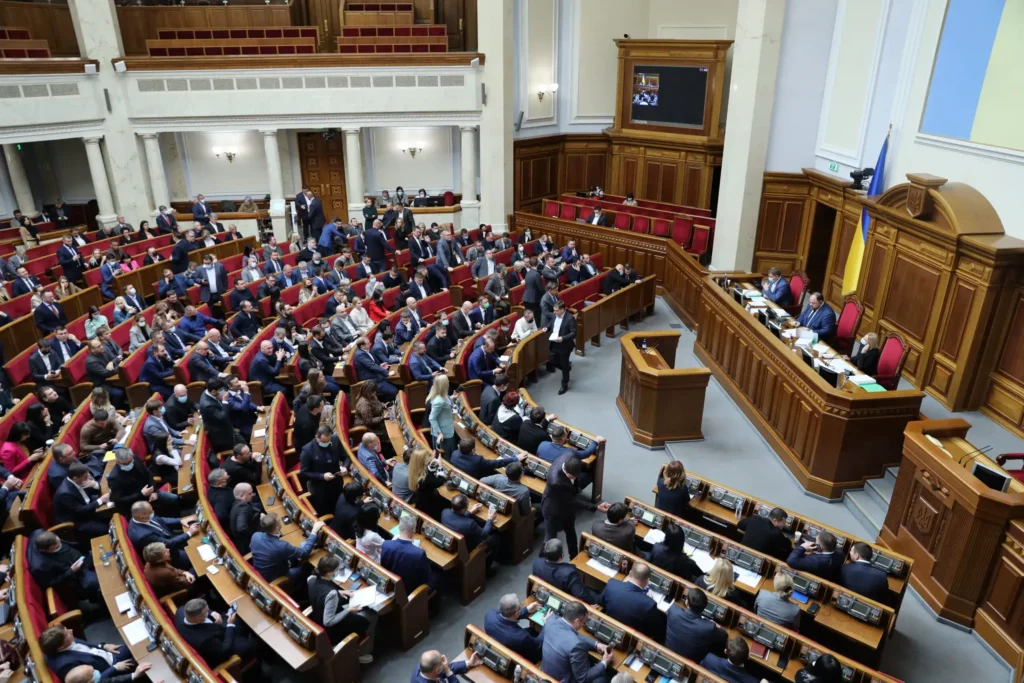Arestovych is wanted in Russia for the second time: he invited Putin to a prayer service
7 October 2025 13:37
The former advisor to the Office of the President of Ukraine, Oleksiy Arestovych, has been put on the wanted list in the Russian Federation. This was reported by the Russian media with reference to data from the database of the Ministry of Internal Affairs of the Russian Federation, "Komersant Ukrainian" reports
As noted, the basis for the search was the articles of the Criminal Code of Russia related to “terrorism” and “spreading fakes about the Russian army.”
This is not the first time that Russian law enforcement agencies have added Arestovych to their lists.
Back in October 2023, the Russian Interior Ministry first put him on the wanted list, and in May of the same year, Rosfinmonitoring included Arestovich in the list of terrorists and extremists, accusing him of alleged involvement in terrorist activities.
In addition, in 2022, Kremlin-controlled structures – the so-called “DPR Prosecutor General’s Office” and Belarusian law enforcement agencies – opened criminal cases against him on fictitious charges of “calls for extremism.”
International wanted list
In September 2023, Arestovich was put on the federal wanted list, and on November 13 of the same year – on the international wanted list.
Thus, the current update of his status in the Russian databases is another confirmation of the continuing persecution of the former advisor by the Russian Federation.
Who is Oleksiy Arestovych?
Oleksiy Arestovych is a Ukrainian blogger, political analyst and former advisor to the Office of the President of Ukraine, known for his comments on security issues and the war with Russia.
Resonance after Sobchak’s interview
Recently, Arestovych was again in the public spotlight after an interview with Russian journalist Ksenia Sobchak.
Arestovych said that if elected president of Ukraine, he was ready to make territorial concessions by ceding Donetsk, Luhansk, Kherson, Zaporizhzhia, and Crimea to Russia. He clarified that he would not recognize them as Russian, but would give them back “on terms similar to those between Germany and the GDR.”
According to his plan, the end of the war should be modeled on the Korean Peninsula: Ukraine withdraws its troops, creates a new demarcation line, and establishes diplomatic relations with Russia.
He also emphasized the need to ensure the rights of Russian-speaking citizens and protect the Ukrainian Orthodox Church, and expressed his readiness to hold a joint prayer service with Putin “for the dead” and lay flowers to the Russian military.
His remarks provoked sharp criticism in Ukrainian society and discussion in the media.









